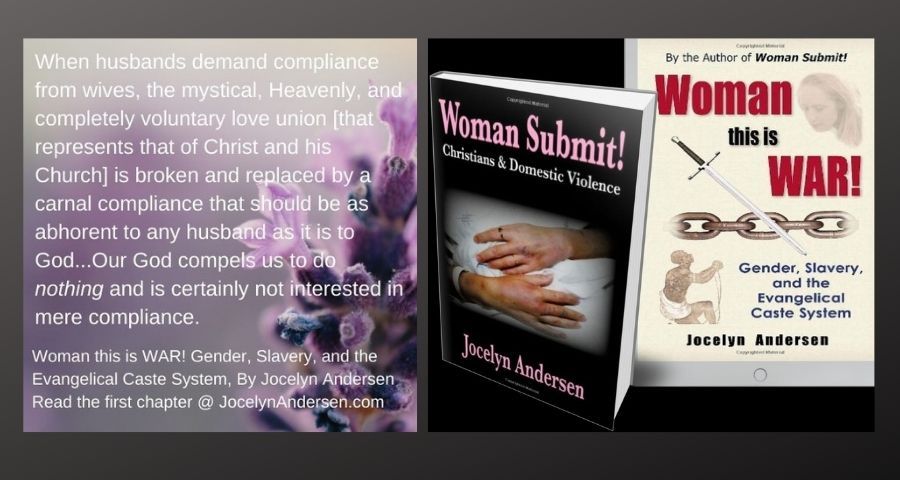Elizabeth Heyrick, an English Quaker,
was another woman with an “agenda.” She was a nineteenth century activist who
did not shrink from a challenge. Her activities not only placed her at odds
with the standards of her culture [regarding her place as a woman], they also
found her standing in opposition to the popular concept of gradual emancipation
in which some blacks, many of whom were already free anyway, were deported and
colonized in Liberia.
Gradual emancipation was freeing a few slaves but making no real progress towards abolishing the institution as a whole. Its biggest advantage could be seen in the fact that it was a great salve for the consciences of those who disliked slavery but disliked being unpopular even more.
Gradual emancipation was freeing a few slaves but making no real progress towards abolishing the institution as a whole. Its biggest advantage could be seen in the fact that it was a great salve for the consciences of those who disliked slavery but disliked being unpopular even more.
In 1824, Heyrick’s controversial
pamphlet, which advocated the immediate emancipation of all slaves, enjoyed a
wide circulation and placed her at odds with the male dominated anti-slavery
society which advocated gradual emancipation. Christian leader, William
Wilberforce,[1]
who eventually came into agreement with Heyrick, at first attempted to suppress
knowledge of her pamphlet and, because he
did not approve of her public activities as a woman, forbade leaders of the
anti-slavery movement to speak at women’s anti-slavery societies.
Although Heyrick’s influence over the general public was felt, among other things, through the pamphlet she wrote, many believe her influence with Wilberforce was given a significant boost by her threat to withdraw funding from the Anti-Slavery Society.[2]
Although she did not live to see the fruits of her labor, it is widely acknowledged that Heyrick’s work was a significant influence in passing The Abolition of Slavery Act of 1833. The Act freed every slave in the British Empire without causing a civil war.
Although Heyrick’s influence over the general public was felt, among other things, through the pamphlet she wrote, many believe her influence with Wilberforce was given a significant boost by her threat to withdraw funding from the Anti-Slavery Society.[2]
Although she did not live to see the fruits of her labor, it is widely acknowledged that Heyrick’s work was a significant influence in passing The Abolition of Slavery Act of 1833. The Act freed every slave in the British Empire without causing a civil war.
Jesus said, “Wherefore by their fruits
ye shall know them.” What are the fruits of Elizabeth Heyrick’s work?
Multiplied millions of West Indian and African slaves (and their descendants)
gladly acknowledge a tremendous debt of gratitude to Elizabeth Heyrick for her
“agenda.”
The above is an excerpt from the book "Woman this is WAR!..."
....
The above is an excerpt from the book "Woman this is WAR!..."
....
[1] Wilberforce was a member
of the British Parliament and leader of the movement to abolish the slave trade
[2] “Who wrote that pamphlet
which moved the heart of Wilberforce to pray over the wrongs, and to plead the
cause of the oppressed African? It was a woman.
Elizabeth Heyrick. Who labored assiduously to keep the sufferings of the slave
continually before the British public.” Angelina Emily Grimke, An Appeal to the Christian Women of the
South, 1836
“In 1830, the
Female Society for Birmingham submitted a resolution to the National Conference
of the Anti-Slavery Society calling for the organization to campaign for an
immediate end to slavery in the British colonies. Heyrick, who was treasurer of
the organization, suggested a new strategy to persuade the male leadership to
change its mind on this issue. She suggested that the society should threaten
to withdraw its funding of the Anti-Slavery Society if it did not support this
resolution. This was a serious threat as it was one of the largest local
society donors to central funds, and also had great influence over the network
of ladies associations which supplied over a fifth of all donations. At the
conference in May 1830, the Anti-Slavery Society agreed to drop the words
"gradual abolition" from its title. It also agreed to support Female
Society's plan for a new campaign to bring about immediate abolition.”




No comments:
Post a Comment